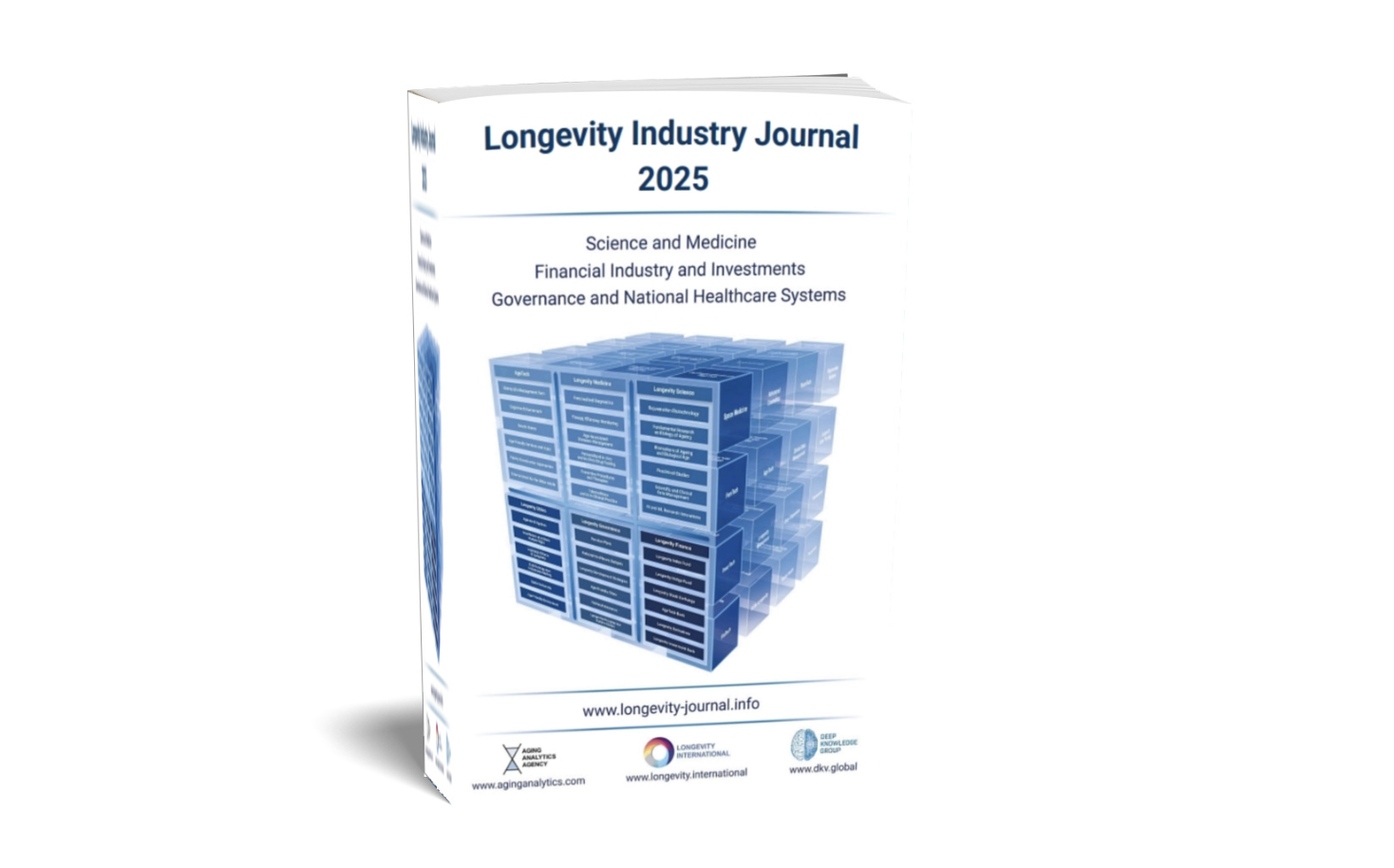- Longevity Journal

- Sep 24, 2025
- 4 min read
In the quest for longer, healthier lives, biotechnology stands at the forefront of transformative advancements. Stem cells, gene therapy, tissue engineering, and other regenerative technologies are rapidly advancing, providing the tools to combat age-related diseases, repair damaged tissues, and ultimately extend both healthspan and lifespan. As we move into 2025, the intersection of bioengineering and pharmaceutical innovations is unveiling new opportunities to slow, halt, or even reverse aging's effects on the body.

Stem Cells: The Building Blocks of Regeneration
Stem cells have emerged as one of the most promising areas of research in regenerative medicine. These undifferentiated cells possess the unique ability to transform into various cell types, making them ideal candidates for tissue repair and regenerative therapies. As scientists continue to unlock the potential of stem cells, their application in age-related diseases like neurodegeneration, heart disease, and muscle atrophy holds immense promise.
Mesenchymal Stem Cells (MSCs): These multipotent stem cells have already demonstrated therapeutic potential for repairing tissues, regenerating cartilage, and improving bone health. Clinical trials in musculoskeletal conditions and cardiovascular diseases are showing positive early results, and their immune-privileged properties make them particularly valuable for treating inflammatory disorders.
Induced Pluripotent Stem Cells (iPSCs): iPSCs, reprogrammed from adult cells, offer the ability to generate any cell type, providing a highly versatile platform for regenerative therapies. These cells are being used to model diseases, screen drugs, and even develop personalized treatments for individuals with genetic conditions.

Gene Therapy: Rewriting the Code of Life
Gene therapy represents a paradigm shift in medical treatment, moving away from traditional drugs and toward direct genetic interventions that correct underlying genetic defects. In the context of aging, gene therapy is being harnessed to address the molecular roots of age-related diseases and extend healthspan.
Gene Editing: Technologies like CRISPR-Cas9 are enabling precise editing of genes, offering potential cures for genetic disorders that contribute to aging. Gene therapies targeting age-associated diseases like Alzheimer's and Parkinson's are showing early promise, with clinical trials focusing on correcting defective genes responsible for neurodegeneration.
Adeno-associated Virus (AAV) Vectors: One of the most common vehicles for delivering gene therapies, AAV vectors are being used to treat a variety of diseases, including muscular dystrophy and retinal degeneration. These therapies offer a potential one-time treatment option, transforming the landscape of chronic disease management.
Tissue Engineering: The Future of Organ Regeneration
The field of tissue engineering is developing technologies that create living tissues and organs to replace damaged ones. The combination of cell biology, biomaterials, and 3D bioprinting is pushing the boundaries of what’s possible in regenerative medicine.
3D Bioprinting: Researchers are increasingly using 3D printing to construct tissues and even full organs. This process involves printing living cells layer by layer to form functional tissue constructs. Although we are still in the early stages, the potential for organ regeneration is immense, particularly for tissues like the skin, liver, and heart.
Scaffold-based Engineering: Scaffolds—biodegradable frameworks used to support tissue growth—are also advancing rapidly. Tissue-engineered constructs are already being used to regenerate cartilage and bone, and clinical trials are now underway to apply this technology in liver regeneration and muscle repair.
Convergence of Bioengineering and Pharmaceutical Innovations
A major development in biotech is the convergence of bioengineering with pharmaceutical innovations. The combination of advanced technologies like gene therapy, stem cell research, and tissue engineering is creating synergies that significantly accelerate the development of therapeutic interventions for age-related conditions.
Regenerative Medicine and Drug Development: By combining biotech with drug development, new treatments for diseases like heart disease, diabetes, and neurodegeneration are emerging. Pharmaceutical companies are leveraging stem cell therapies alongside small molecule and biologic drugs to enhance the effectiveness of treatments and extend the window of intervention for age-related diseases.
Smart Drug Delivery Systems: Advances in nanotechnology are enabling the development of smart drug delivery systems that can target specific tissues and release drugs in a controlled manner. This could significantly enhance the efficacy of regenerative treatments, particularly in conditions that require long-term intervention like joint degeneration or age-related macular degeneration.
The Latest in Gene Therapies and Regenerative Treatments
Exciting advancements in gene therapy and regenerative medicine are driving the frontier of longevity research:
Gene Therapies for Rare Genetic Diseases: Companies like Sarepta Therapeutics and Novartis are leading the way with FDA-approved gene therapies that target rare genetic conditions such as Duchenne muscular dystrophy and spinal muscular atrophy. These therapies offer the potential to halt or reverse the course of these debilitating diseases, providing a glimpse into the future of longevity medicine.
Cell Reprogramming and Tissue Regeneration: The use of cell reprogramming to restore youthful function in tissues is a rapidly advancing field. Companies are exploring the ability to reprogram somatic cells into stem cells capable of regenerating damaged tissues. These technologies have the potential to address a wide range of age-related diseases, offering novel therapeutic pathways for conditions like Parkinson's disease, Alzheimer's, and cardiovascular disease.
The Promise of Biotechnology for Longevity
The convergence of biotechnology and regenerative medicine offers hope for a future where age-related diseases are no longer a death sentence but manageable conditions. Stem cell therapies, gene editing, and tissue engineering are already laying the groundwork for extending healthspan and lifespan, offering the possibility of healthier, longer lives.
As these technologies continue to advance, they will undoubtedly change the course of human health. With gene therapies and regenerative treatments leading the charge, we are witnessing a biotech revolution that has the potential to unlock the secrets of longer life.
Stay tuned for the next article in the series, where we will explore the role of AI in advancing drug discovery and biomarker identification for longevity.
Or meanwhile order your copy of Longevity Industry Journal 2025 at: www.longevity-journal.info/2025
Comments